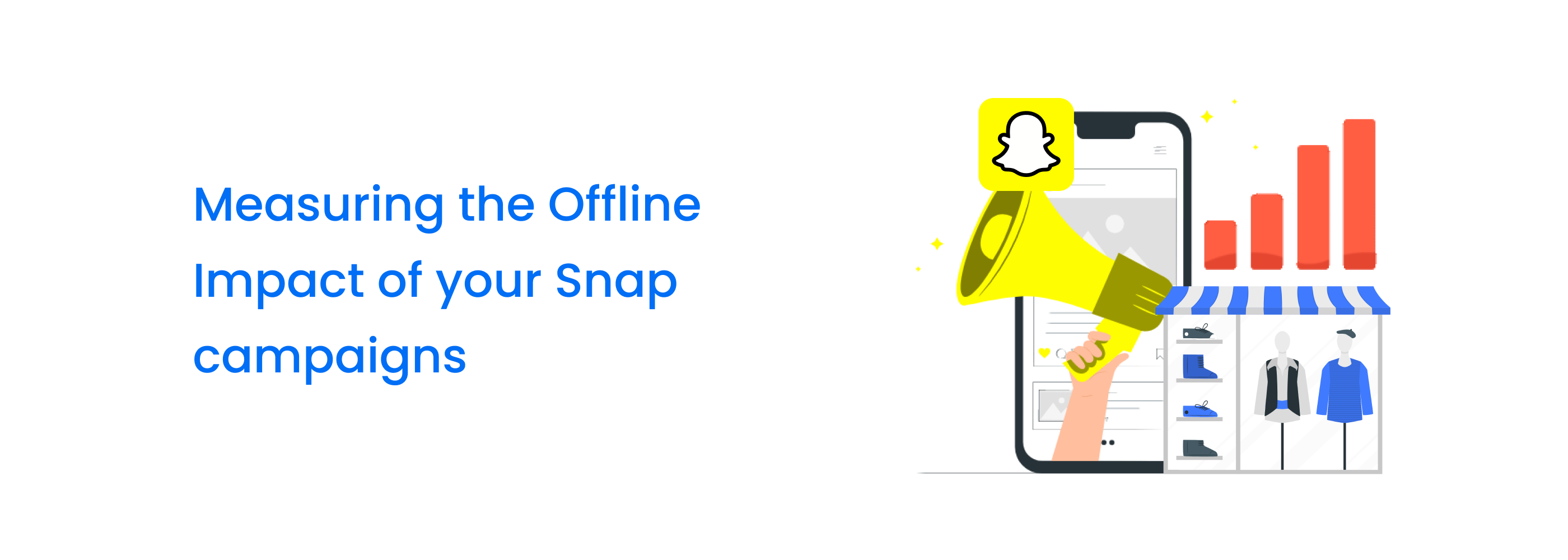88% say that first-party is more important to organizations than two years ago
Marketers today face fresh economic uncertainty, compounded by an urgency to find new ways to understand and reach their customers when privacy concerns loom.
Brands require to understand what users want to see and users expect to have a personalized customer experience (CX). Meeting the soaring demands of consumers is a difficult task and marketers must ensure that their strategy is fueled with a robust first-party data strategy, good content to support storytelling, and the right technology.
To gain a perspective on these pillars, Acquia worked with Vanson Bourne to collect the views of 2,000 consumers and 200 marketers in the U.K. and U.S. in August 2022. The survey explored shifts in expectations from marketing decision-makers and consumers about CX, martech, budgets, and consumer data privacy.

The study found that organizations that build direct, high-quality relationships with their customers have an edge. Marketers need to collect, organize, understand and protect the first-party data that customers choose to provide them, which might include digital interactions, contact details, information about product preferences, and purchase history.
Acquia’s report also found that marketers are creating first-party data strategies to generate insights for personalized content and an engaging CX as web browsers prepare to phase out third-party cookies.
Marketing teams, meanwhile, can’t escape the reality that third-party cookies will effectively meet their end when Google starts removing them from Chrome in 2024. The shift will make owned data ever more valuable to understand target audiences. That includes the topics that interest them, the channels they prefer, and the purchases they’ve made. More than eight in 10 (84%) say that scrutiny of browser cookies has led to the increased importance of first-party data. Yet, the loss of the cookie will be a sea change for the industry. Perhaps it’s not surprising that only a third (35%) ‘strongly agree’ that their organization is ‘fully prepared for the cookieless future.’
On the other hand, companies that collect first-party data must also safeguard it. While 58% of marketers say their organization follows policies designed to protect the privacy of customer data ‘to a great extent,’ an alarmingly high 39% say they do so ‘to some extent.’
In fact, only half of the consumers (51%) trust that all brands will handle their personal data properly, which is consistent with last year (54%). Likewise, 86% of consumers say they receive marketing communication from brands they do not recall opting in for. On the flip side, eight in 10 marketers (78%) think their customers trust their company’s use of their personal data more this year compared to last. That’s a jump from 2020 when 63% said so.
















